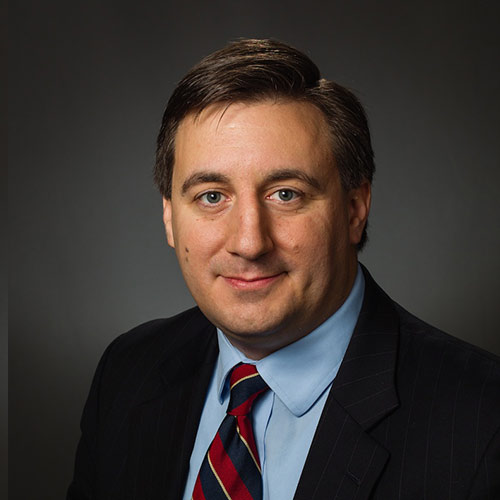
WASHINGTON – In response to successful engagement by shareholders and Alliance Defending Freedom attorneys through the ballot resolution process, Mastercard has adopted a new commitment to independent decision-making in advertising that will be reflected on its investor relations webpage by July 2025. The move is intended to guard against future instances of viewpoint-discriminatory advertising decisions by the $500 billion corporation, which was instrumental in the formation of the now-defunct censorship organization Global Alliance for Responsible Media.
“No corporation should be involved in censorship at any level. Mastercard is doing the right thing by engaging its shareholders and taking steps to distance itself from GARM,” said ADF Senior Counsel and Senior Vice President for Corporate Engagement Jeremy Tedesco. “The participation of so many companies in silencing the views of everyday Americans through GARM should concern us all. We hope every company recommits to doing its part to protect freedom of speech and thought in our nation and throughout the world.”
Launched in 2019 by the World Federation of Advertisers—which represents 90% of global advertising—GARM promised to promote “digital safety” and protect brand value. Mastercard Chief Marketing and Communications Officer Raja Rajamannar, who also served as president of the WFA at the time, “urge[d] every CMO and social platform to join the GARM” shortly after the group went public and repeatedly touted the group’s value to other corporate leaders.
In practice, GARM censored mainstream conservative and religious views. GARM pressured Spotify to boot Joe Rogan from its platform and promoted the Global Disinformation Index and NewsGuard, which blacklist mainstream conservative media outlets as “misinformation.” GARM disbanded in 2024 after a probe from the U.S. House Judiciary Committee and after X CEO Elon Musk filed a lawsuit alleging that the group illegally conspired to pull advertising dollars from his platform.
Working with an individual shareholder, Inspire Investing filed a proposal calling on the board of directors to account for Mastercard’s discriminatory ad buying through GARM. Mastercard met with Inspire Investing and Alliance Defending Freedom before agreeing to change its policy in exchange for the shareholder withdrawing his resolution from the ballot. The statement affirms that, “Mastercard alone makes decisions on our brand and our marketing activities, independent of any third-party views.”
The win at Mastercard is one of 13 policy and behavior changes at major corporations from ADF’s coalition of like-minded shareholder advocates so far this year. Earlier this year, PepsiCo and Johnson & Johnson made similar commitments, cutting ties with third-party censorship cartels like GARM. JPMorgan Chase recently enacted a major policy change to prevent future discriminatory debanking, while the coalition has made substantive progress at Walmart, Comcast, Verizon, and Morgan Stanley.
Overall, ADF’s coalition has filed 70 shareholder proposals at major corporations, resulting in more than 50 meetings with company representatives. The coalition represents over $250 billion in assets under management, including $2 billion controlled by Oklahoma Treasurer Todd Russ in the state’s Tobacco Settlement Endowment Trust, along with the Heritage Foundation, individual shareholders like financial advisor David Bahnsen, and Inspire Investing, which is the world’s largest faith-based ETF provider, managing over $1.7 billion in faith-based ETF assets.
“This is a meaningful step forward for Mastercard,” said Tim Schwarzenberger, Inspire Investing portfolio manager and director of corporate engagement. “We appreciate Mastercard’s willingness to engage with shareholders and commit to making decisions independent of third-party influences. It’s a positive step for free speech, religious freedom, and ultimately for all Mastercard stakeholders.”
Alliance Defending Freedom is an alliance-building, non-profit legal organization committed to protecting religious freedom, free speech, parental rights, and the sanctity of life.
# # #

